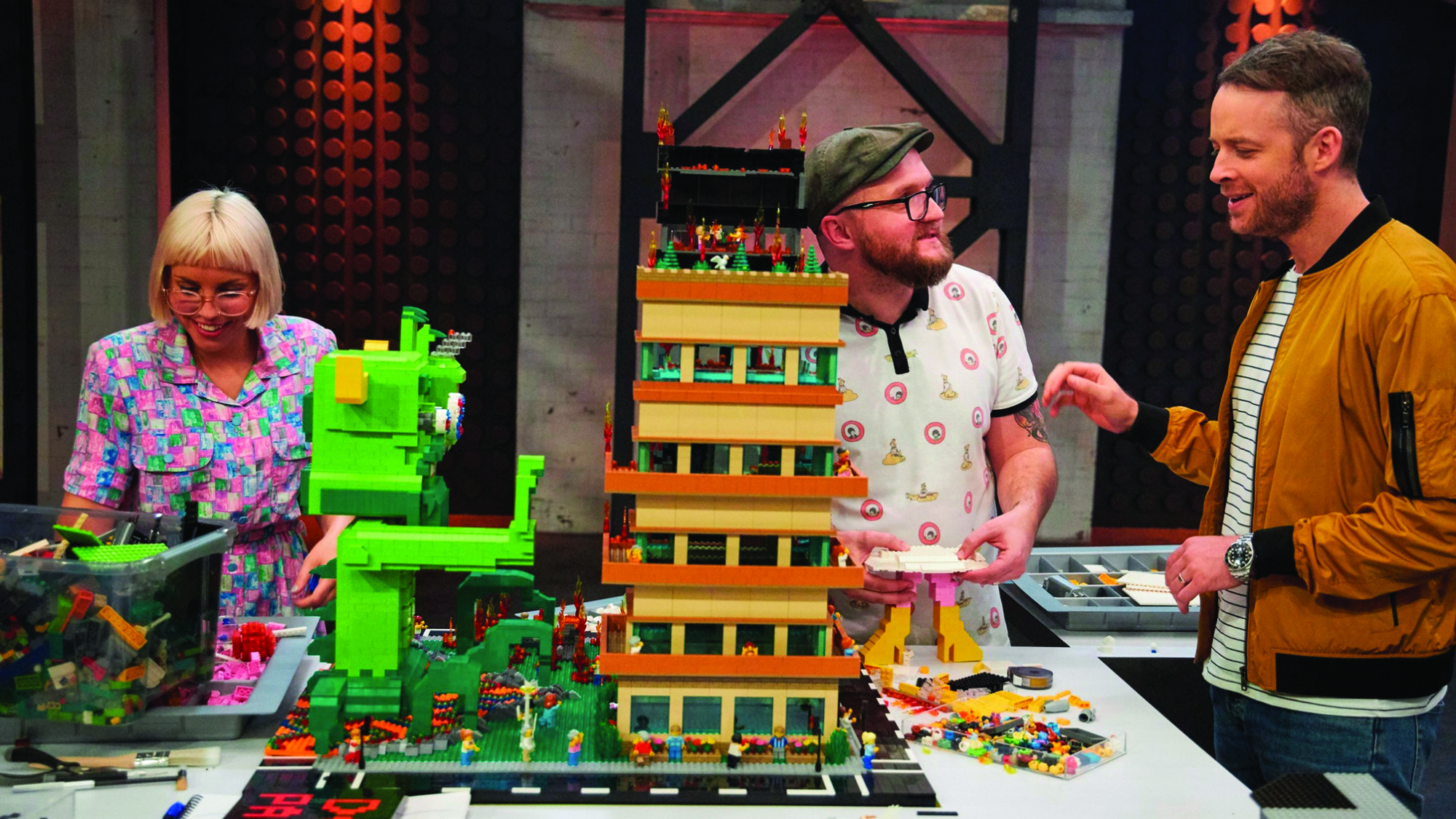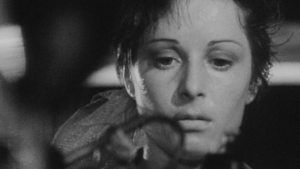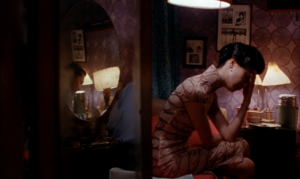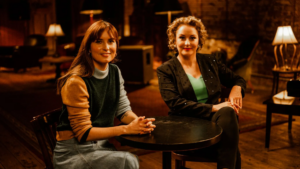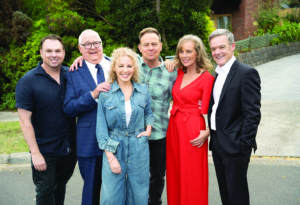While there’s nothing particularly Australian about Lego or reality TV, there’s something beautifully Aussie about the first season of Lego Masters. Originally developed in 2017 for British television by Channel 4, in partnership with Tuesday’s Child and The Lego Group, the show has since made it to Germany and Australia, with a debut on American screens not far away. Its premise is a cross-marketing dream: show off as much Lego as possible to a group of would-be master builders while also inspiring the audience at home to dust off their old sets (or, better still, get out and buy more, more, more!).
The Australian version of Lego Masters, which premiered on the Nine Network this year, is hosted by comedian Hamish Blake. The tasks required of the reality-TV host are quite specific – build drama, mediate between competitors and the competition, draw the audience in. Blake successfully does all of these, but he also provides meta-commentary, regularly breaking the fourth wall to talk directly to viewers (something usually reserved for contestants) and drawing attention to reality TV’s conventions by setting fake challenges and artificial deadlines as well as addressing the ‘hidden camera’. Towards the end of the first season, Blake even invites his own mum on set to provide ‘support from a loved one’ – a stunt that is particularly fun to watch, but perhaps a little cruel for those actually cast on the show. After all, the ‘support from a loved one’ trope tends to be invoked when a trapped celebrity, isolated contestant or housebound competitor is given a little relief from their reality-TV life through this reminder of the world outside the studio.
Another example of Blake’s unique approach to reality-TV hosting is seen in the episode ‘The Bridge’, which tasks contestants with building a bridge made of Lego; the structure that can bear the most weight would win the challenge. Upon the bridges’ completion, Blake and the show’s judge, Ryan ‘Brickman’ McNaught, go about testing each creation – but it soon becomes clear that the series’ producers have underestimated how much weight a Lego bridge can take. The pre-arranged 1-, 2- and 5-kilogram weights are easily withstood, and, soon, 10-, 15- and 20-kilogram pieces have to be found. While this scramble for additional weights is the kind of thing that might have otherwise been pre-tested or edited out in other reality programs, Blake embraces the apparent chaos. ‘We actually don’t have a plan B,’ he proclaims, with a distinct lack of the confidence that reality-TV hosts are meant to display.
Brickman joining Blake provides viewers with a perfect TV pairing. As one of only fourteen Lego Certified Professionals in the world, and the only one based in the Southern Hemisphere, Brickman certainly possesses unusual credentials. But his experience in and passion for building extremely complex items out of Lego combine to make him a captivating character, too. Unlike the archetypal ‘mean professional’ on other reality shows – the Idol franchise’s Simon Cowell perhaps best exemplifies this – Brickman often appears like a puppy ecstatic over the chance to go for a walk. This is not to say that his mastery isn’t evident, as displays of his own work, including a life-size car made solely out of Lego, are just outstanding. Rather, like Blake, Brickman has a particular unaffectedness to his screen presence. A reality-TV judge is expected to be stoic, strong and, ultimately, impartial – perhaps even something of a smiling assassin (think: MasterChef’s Gordon Ramsay, or even a pre-presidential Donald Trump on The Apprentice). However, during Lego Masters’ first elimination round, Brickman becomes nostalgic, even visibly teary, when presenting his verdict.
By now, reality TV has become a well-trodden international form. It’s widely syndicated and franchised, meaning that local versions are difficult to identify – in fact, outside the UK, Lego Masters is owned by the Endemol Shine Group, an international production powerhouse specialising in what it calls ‘non-scripted superbrands’ such as MasterChef and Big Brother. But Lego Masters’ Australian iteration does give us something distinct: that Aussie brand of irreverence, evident in Blake’s and Brickman’s endearing passion and disregard for convention. There are plenty of jokes, but they’re never at the expense of anyone participating – offering rare little moments of joy for both contestants and audience.
